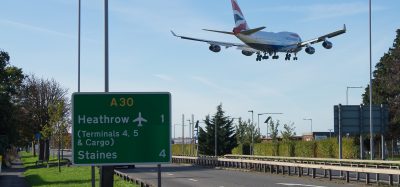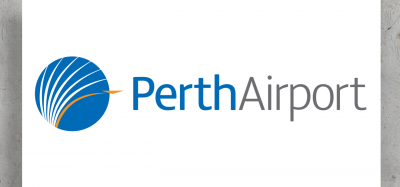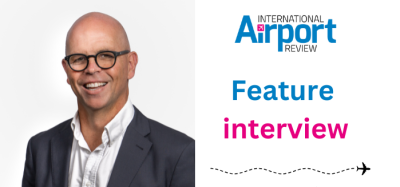ICAO ‘determined’ to close skills gap
Posted: 6 December 2017 | International Airport Review | No comments yet
Broadening the scope of aviation education, reaching younger people and women may be the key to closing the skills gap emerging in the air transport sector, the ICAO chief has said.


AVIATION EDUCATION: 80 per cent of the 62,000 pilots who will be flying in 2036 haven't started training yet
The General Secretary of the International Civil Aviation Organization (ICAO) has said that her group is fully committed to reducing the skills gap in the aviation industry.
Dr Fang Liu made the comments in a speech at the inaugural Next Generation of Aviation Professionals (NGAP) summit in Montreal.
She said: “My colleagues and I are very determined to attract, train and retain the best and the brightest that our coming generations have to offer to manage the growth of the global air transport network.
“By 2036, some 620,000 pilots will be needed across our global network, and no less than 80 per cent of these aviators will be new pilots, not yet flying today.
“A similar story is playing out with respect to the future air traffic controllers, cabin crew, maintenance personnel and other skilled technicians needed.”
Among the solutions proposed during the event was the need to establish a network of educational institutions to support related youth attraction initiatives and related research and analysis on sector-wide human resources development metrics.
Participants underlined the need to enhance ICAO’s leading role with respect to educational and training programmes focused on the needs of next generation aviation professionals.
“We need to broaden our scope and begin instilling greater aviation awareness in high school and younger students, and especially in young girls,” Dr. Liu added, with her gender-focused points being supported through a UNESCO ‘Think Pink Hat’ session held on the sidelines of the summit. These aimed to instil STEM education and career excitement in young girls, and some 60 students from 19 schools took part in the edition carried out during the ICAO NGAP event.
In addition to the summit and its core objectives of forging more productive and focused links between global aviation and the education and industry sectors, ICAO conducted a Model ICAO Forum during the event. It aimed at raising university-level awareness on the role of the organisation on the international stage and the challenges associated with forging global consensus on air transport governance issues.
Student Model ICAO participants also benefited from speed mentoring sessions with attending professionals, and career exhibits by a number of air transport and industry organisations.
The government of Qatar supported the Summit’s goals by formalising a new Memorandum of Understanding (MoU) for a new aviation scholarship, and in a similar vein Ukraine’s National Aviation University signed a MoU with ICAO for several new aviation internships.
A new strategic partnership with UNESCO also resulted from the Summit, enabling the two United Nations agencies to explore educational opportunities across a wider range of aviation professions, and to develop stronger links with the related United Nations SDGs.
In his closing Summit remarks, ICAO Air Navigation Bureau Director Mr. Steve Creamer thanked the many organizations who made the 2017 Summit possible, while recognizing the challenges to come.
“ICAO is under no illusions. We know that everything we need to pursue in this domain will require resources, expertise and enhanced communication and cooperation,” he remarked, “but we also know that we can assure a successful outcome by working together.”
Join our free webinar: Beyond silos: How ecosystem thinking elevates the airport experience
In today’s complex aviation landscape, airports are moving beyond siloed operations to embrace a new era of collaboration. This webinar focuses on how leading airports are using ecosystem thinking to adapt, personalize, and continuously improve every touchpoint, boosting both passenger satisfaction and non-aeronautical revenue.
Date: 13 Nov | Time: 10:00 GMT
REGISTER NOW TO SECURE YOUR SPOT
Can’t attend live? No worries – register to receive the recording post-event.
Related topics
Air traffic control/management (ATC/ATM), Aircraft, Airport development, Recruitment and training

















